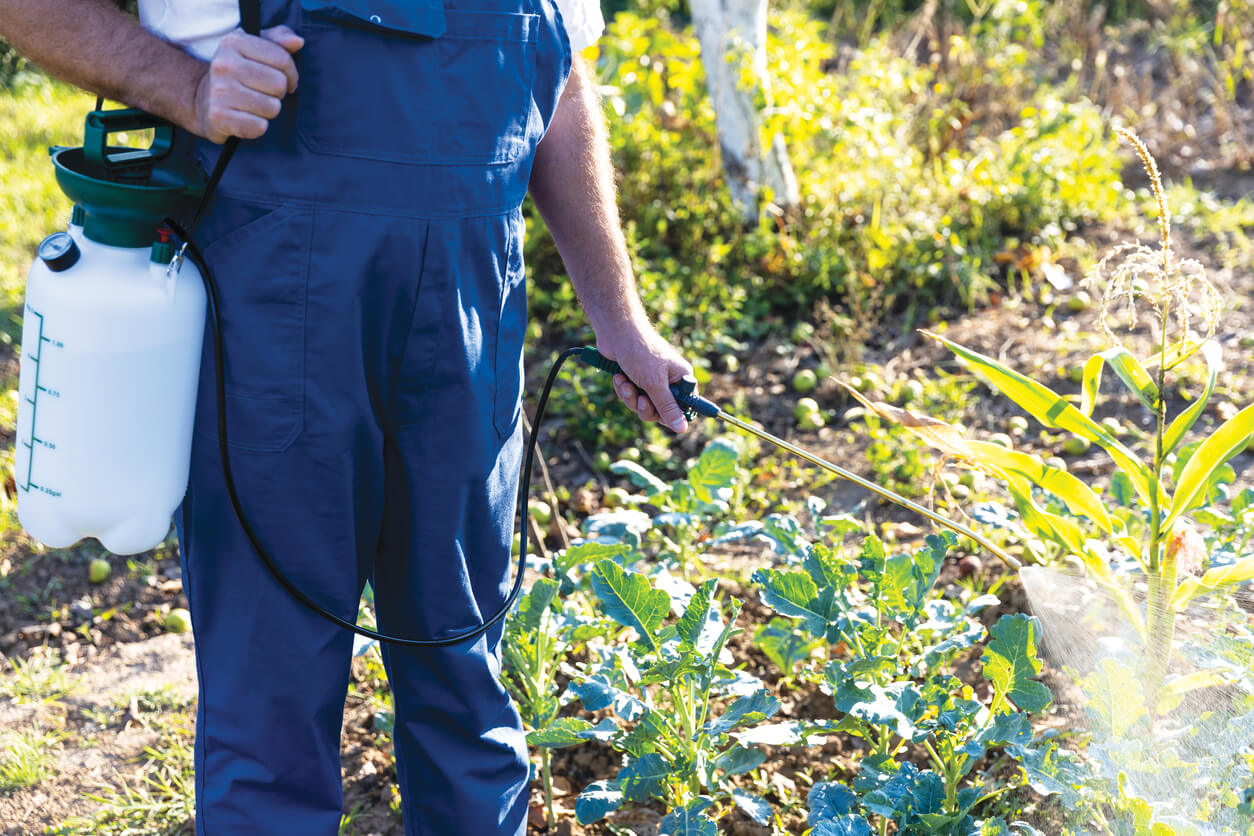
A judge in Missouri has reduced the $1.56 billion verdict against Bayer’s Monsanto unit to $611 million. The reduction is the latest update in a lengthy legal battle over the potential cancer-causing properties of the widely used herbicide Roundup.
The initial verdict, awarded to three plaintiffs who claimed Roundup caused their non-Hodgkin lymphoma, was one of the largest in the six years of litigation.
The decision is a significant win for Bayer in the ongoing saga that has plagued the company since acquiring Monsanto in 2018 and continues to weigh on Bayer’s bottom line.
Appeals Pending After Reduced Verdict
Judge Daniel Green’s decision to reduce the punitive damages portion of the verdict by over 60% offers a glimmer of hope for Bayer as it grapples with a slew of high-stakes Roundup lawsuits.
Legal experts expected courts would reduce the verdict since punitive damages must be proportional to compensatory awards. The maximum limit for punishment judgments is 10 times the actual damages.
Judge Greene also instructed Bayer to provide an $800 million bond to ensure that the verdict will be paid if it is upheld on appeal. Court papers indicate that Bayer had sought a bond of $50 million.
Bayer’s legal battles over Roundup have resulted in mixed verdicts, with recent court cases ruling against them. This includes a $2.25 billion Philadelphia jury verdict against the company in January 2023. According to the Associated Press, Bayer is also appealing that verdict.
However, the company continues to deny that Roundup has cancer-causing properties and cites scientific evidence to support its position.
String of Verdicts Strain Bayer’s Bottom Line
Bayer is facing a financial threat from the ongoing legal battle over Roundup. Despite setting aside billions in settlements and legal reserves, the company still fights mounting liability as thousands of cases remain pending in state and federal courts.
Shareholders have called for a reevaluation of the Monsanto acquisition, recognizing it as one of the worst mergers in history.
Bayer is using a legal strategy that involves actively contesting court cases, filing appeals and advocating for regulatory measures to combat the legal challenges it faces. However, the plaintiff’s lawyers claim that Bayer was aware of the health risks associated with Roundup’s key ingredient, glyphosate, but chose to ignore them.
Difficulties settling the long-running litigations have only stretched out the company’s legal problems.
While Roundup remains in use for professional and agricultural purposes, the product was reformulated without glyphosate for home and garden use.